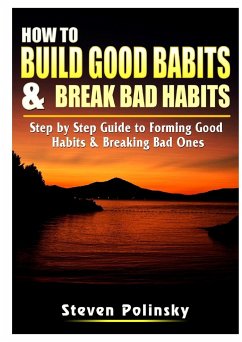
If You Build It They Will Come
And Other Myths of Private Practice in the Mental Health Professions
Versandkostenfrei!
Versandfertig in über 4 Wochen
46,99 €
inkl. MwSt.
Weitere Ausgaben:

PAYBACK Punkte
23 °P sammeln!
Jeffrey Barnett and Jeffrey Zimmerman share practical advice based on their decades of clinical experience to address common myths about private practice in an easily accessible manner. Myths addressed fall into the broad areas of preparing for private practice, building your practice, managing your practice, documentation and record keeping, and ethical practice. Each chapter addresses a specific myth that may be held, describes the myth, explains why the mythexists, and then offers specific guidance for moving beyond the myth. In addition to the specific recommendations and strategies provid...
Jeffrey Barnett and Jeffrey Zimmerman share practical advice based on their decades of clinical experience to address common myths about private practice in an easily accessible manner. Myths addressed fall into the broad areas of preparing for private practice, building your practice, managing your practice, documentation and record keeping, and ethical practice. Each chapter addresses a specific myth that may be held, describes the myth, explains why the mythexists, and then offers specific guidance for moving beyond the myth. In addition to the specific recommendations and strategies provided in each chapter, each section offers a list of key resources available for additional guidance and support.













